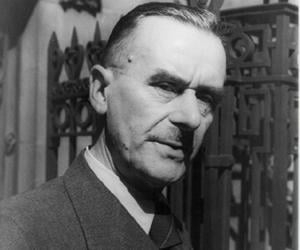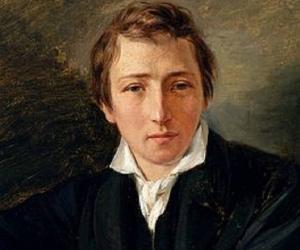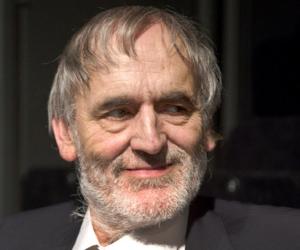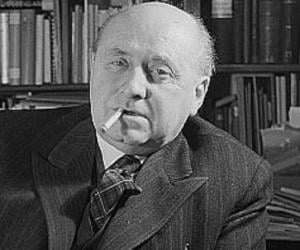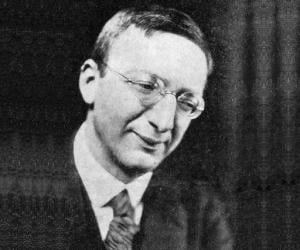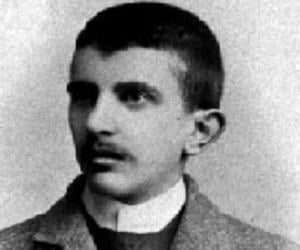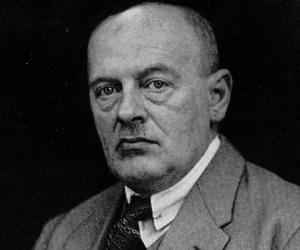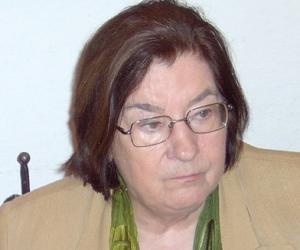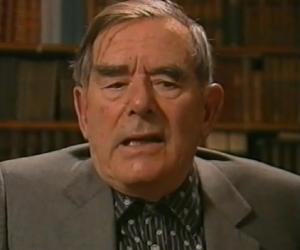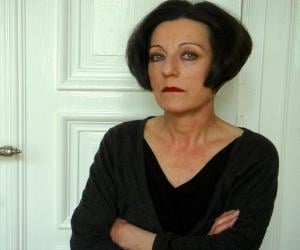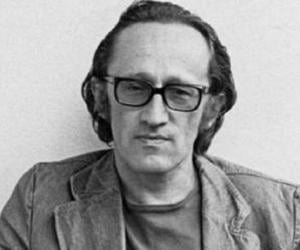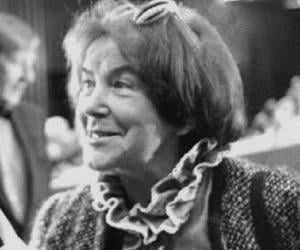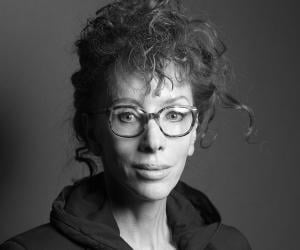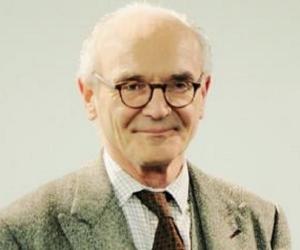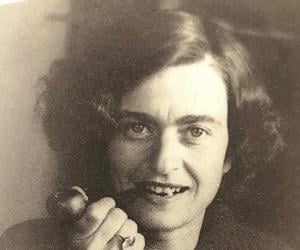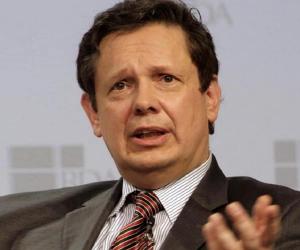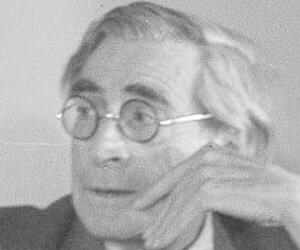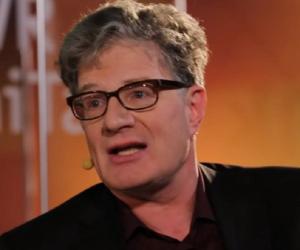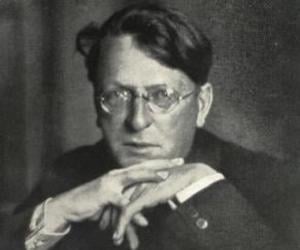1
Thomas Mann
(German Novelist Who Won the 1929 Nobel Prize in Literature)
Birthdate: June 6, 1875
Sun Sign: Gemini
Birthplace: Lübeck, Germany
Died: August 12, 1955
Thomas Mann was a highly acclaimed German novelist, short story writer, social critic, philanthropist, and essayist. He was awarded the Nobel Prize in Literature in 1929 for his symbolic and ironic epic novels that delved deep into the psychology of artists and intellectuals. Mann's works often analyzed and critiqued the European and German soul using modernized versions of German and Biblical stories, as well as drawing inspiration from renowned philosophers and writers like Goethe, Nietzsche, and Schopenhauer. He is recognized for his contributions to Exilliteratur, German literature written in exile during the Hitler regime.
